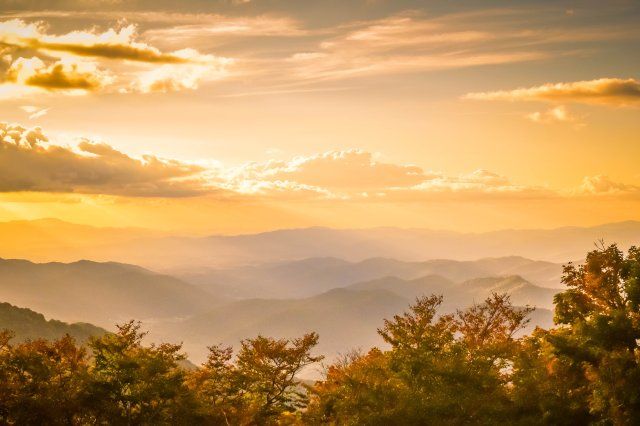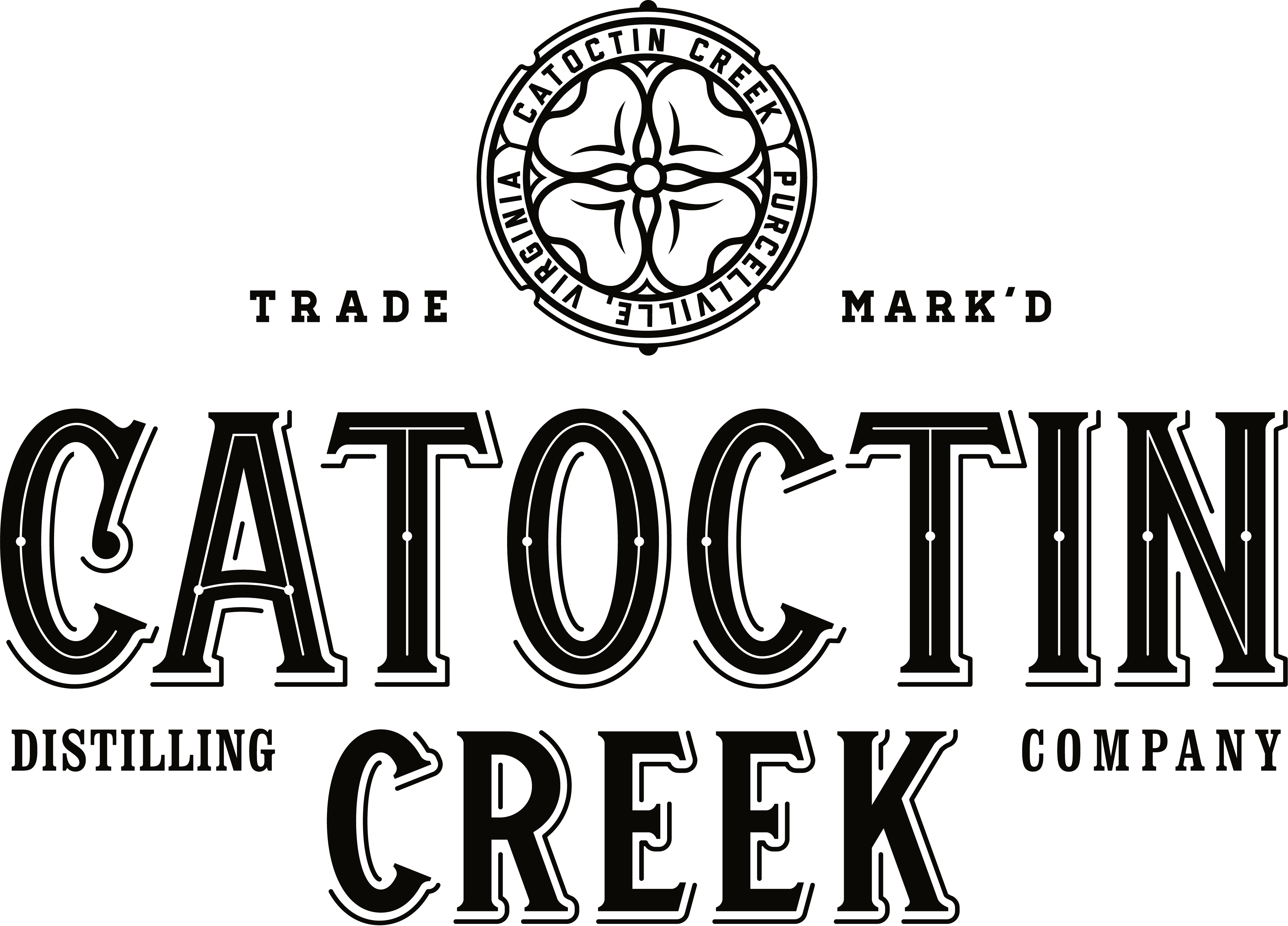
Is It Whiskey or Whisky?
First, let's dispense with the question of whether it's "whisky" or "whiskey." The word has had various spellings throughout history. The word originates from the Irish, uisce beatha, which literally means, "water of life" (aqua vitae in Latin). In the 18th and 19th centuries, it was often spelled "whisky" regardless of type of spirit, origin, or location. In fact, today, in all the federal regulations and government systems, the spelling of the entire class of products of grain spirit aged in barrels is simply "whisky."
That said, a certain convention has developed over the past few decades. That is, in general, all spirit from Scotland, which is made from barley, and all spirit from Canada, which is traditionally made from rye (but also includes wheat and corn), is called "whisky." (No "e")
Similarly, all spirit from the United States, which is most often made first from corn, followed by rye, wheat, and/or barley, and all Irish spirit, which is made from barley, is called "whiskey." (With an "e")
Except for the exceptions. A few companies adhere to one of the alternative spellings despite this convention. Maker's Mark, for example, uses "whisky" on their label. Catoctin Creek also prefers "whisky" due to its older context and as a way to honor our Scottish family heritage.
All of this is terribly confusing for the outsider. I have had journalists, who are not typically writers in the whisky space, complain that my inconsistencies make me look illiterate! Nevertheless, I try to use the correct spelling whenever in my writing depending on context.
Our Country Begins
Most Americans today, when they think about American History, start the clock at 1776—the Revolutionary War. And yet, this does nothing to take into account the almost 200 years of time where European-descent people were living on this land. (And certainly not much consideration is given to the Native Americans who lived here prior to colonization. That history is largely lost.)
When colonists came to America, the first permanent British settlement was Jamestown, Virginia in 1607. (Over 400 years ago!) Immediately, during that time, colonists started making whisky from grain, most famously (but not exclusively) by an Englishman, George Thorpe.

The style of distillation at this time was necessarily small scale: small home-sized pot stills using local grain and family recipes. Today, we would call this "craft" but back then, it was just one of the necessary chores of the family homestead or farm. [Ref: Every Home a Distillery]
The whisky of that time, predominantly made from rye–the local grain–was influenced by region, terroir and local practices. [Ref: The Practical Distiller (1804) by Samuel McHarry] As a townsperson, if you wanted a drink, you would take your horse to a local farm and buy some clay jars of whisky. This was common across the state on the small farm and homestead in the 1700s. That is why we refer to Virginia as the birthplace of American whiskey (well before the dawn of bourbon). In fact, when people started distilling corn mash into bourbon in what is today Kentucky, that land was part of Virginia! Kentucky didn't become a state until 1792. So, it might be audacious to say it, but Virginia is also the birthplace of BOURBON! Elijah Craig, for what it's worth, was born and raised in Virginia.
Rum Gives Way to Rye
Before the revolutionary war, the most common spirit consumed in the colonies was rum. This was due to the high levels of trade between Great Britain, the Caribbean, and the colonies. Sadly, enslaved African people were part of this trade, along with rum, and were crucial to its production.
Everyone in the colonies drank rum, and lots of it. Men drank it; women drank it; children drank it. But it was more than just a drink. Rum was also used for medicines, tinctures, bitters, solvent, mouthwash and many other uses. Punches and slings were very common during this time, and rum was a key ingredient.
When the colonies rebelled against Great Britain and won the revolution, King George III was pissed. He cut off his supply of sugar and rum from the Caribbean. No more rum. This led to a huge, and industrial-sized growth in the next ten years of rye whiskey production. In places like Maryland and Pennsylvania, rye whiskey became big factory productions, and rye became the dominant spirit of the mid-Atlantic region, including Virginia.
After the revolution, General George Washington, newly retired from the presidency, established a distillery on his farm at Mount Vernon in Virginia, not far from Washington DC. Washington had been, ironically, responsible for quelling the whisky rebellion in western Pennsylvania, a rebellion caused by the new national government establishing a new liquor excise tax to pay for the debt caused by the revolutionary war. The rebellion was quelled, but Washington now had the distilling bug in his blood. He would found the largest commercial distillery during his lifetime, producing predominantly rye whisky.
Cocktails Are Invented
As the country passed into the 1800's, the cocktail was invented (1804 is the first documented recipe for a "whisky cocktail", later called the "old fashioned whisky cocktail" and later still, called simply the "old fashioned."). The 1800's saw a huge boom in cocktails and whisky consumption, dominated mostly by the professional bartenders in New York City – and again, the key whiskey ingredient in those Manhattans, Old Fashioneds, etc. was rye whiskey, not bourbon. Rye was king on the east coast. If you were in the “frontier” (western states like Ohio, Kentucky, Missouri), bourbon was likely your whiskey of choice. If you were in New Orleans, you probably enjoyed mostly cognac. [Ref: Imbibe by David Wondrich] This regional division in spirits remained the case until Prohibition.
And then Prohibition wiped it all out. 1920-1933. Thirteen years. This is a long time for any industry to survive a total and complete ban on its existence.
Some distillers survived by producing prescription whiskey, but many closed forever. For example, before Prohibition, there were over 30 large factory distilleries in Pennsylvania alone. After Prohibition, there were none. And none until the first ones re-established in the early 2000s! 67+ years of nothing.
With the supply of American whiskey sharply curtailed, we saw the massive importation of two new types of spirit into America: Canadian rye and Scotch. These spirits had never really been important before prohibition, but became popular once American whiskey was gone.
Fast Forward to Modern Day
Eventually, prohibition ended. But the landscape for whiskey in American was permanently changed. Scotch and Canadian rye had their foothold. Bourbon would re-emerge like a phoenix from the ashes. And a tiny bit of American rye came back, but nothing like before.
From the 1940s to the 1990s, for example, if you walked into any bar and said, "Gimme a shot of rye!", the bartender would almost certainly, without asking, hand you something Canadian. "Canadian" and "rye" had become synonomous.
In 2009, when Becky and I started Catoctin Creek, we wanted to change that. We wanted people to know the history of rye whisky in this country. We wanted to make rye whisky. History in a glass. Find one thing, and do it really well. That was our mission.
It is this love of rye whisky, the history, the terroir, the spirit, that we celebrate with our Catoctin Creek rye whisky.
The Virginia Rye Whisky™
What does it mean to be The Virginia Rye Whisky? It means we start in Virginia – our home – with local grain, always made from 100% rye, that is mashed and fermented on site, and – this is absolutely essential – distilled in copper pot stills.
It is then aged in white oak barrels, soaking up the bucolic Virginia climate while it develops flavor from the barrel. The final ingredient, natural Virginia spring water, is used to proof the whisky before bottling, adding another key piece of terroir (limestone and minerals in the water impart flavor) into the spirit. The result is a rye whisky that is authentically made using traditional methods and the finest agriculture that Virginia offers.


